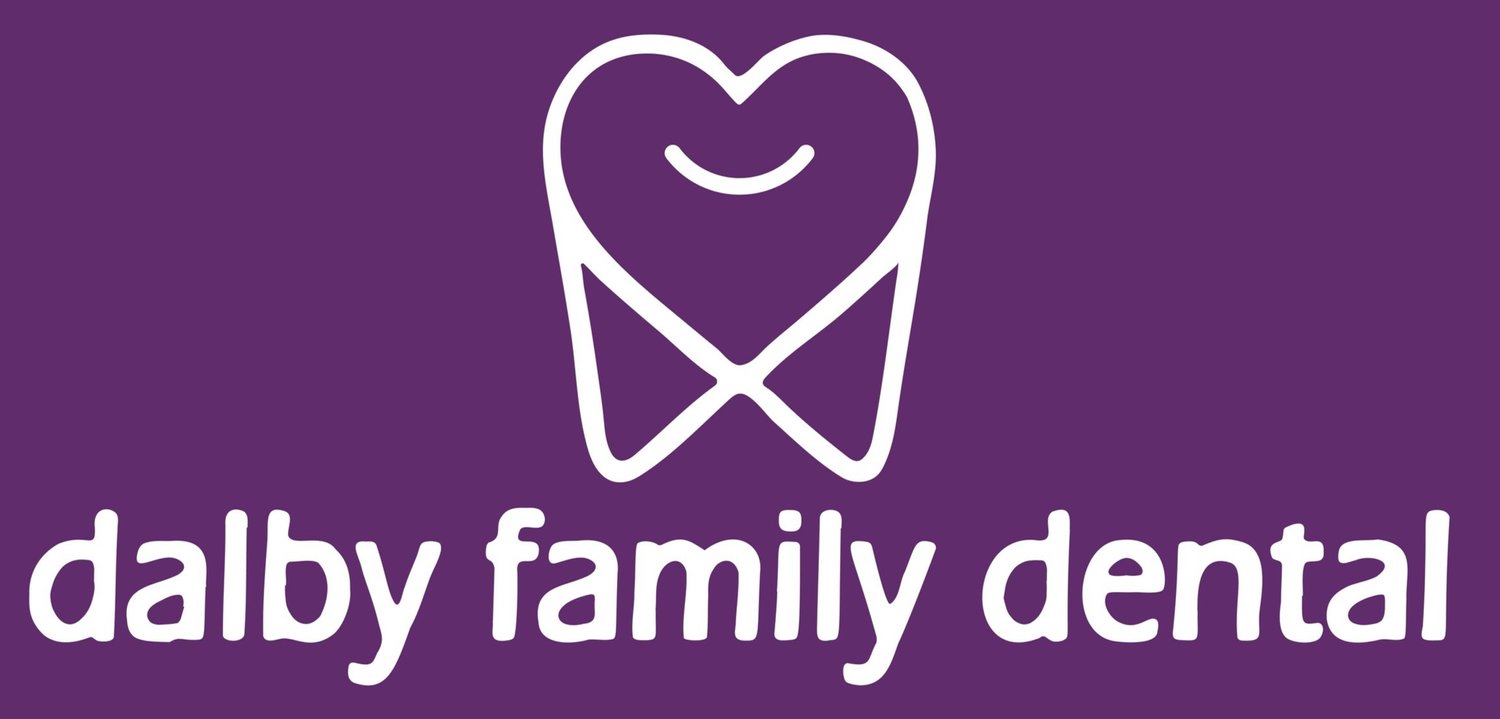Want Lifelong Teeth? Start Early…
To give your child the best chance to have healthy, lifelong teeth, you need to start early. A healthy diet during pregnancy and following the tips below, will help your child develop strong, healthy teeth.
Tips for developing good oral hygiene habits include:
From birth – clean your baby’s mouth and gums by wiping with a soft cloth
First tooth – brush twice a day with a soft toothbrush and plain water
12 months – take your child for their first dental visit
18 months – add a pea-sized amount of low fluoride or children’s toothpaste to the brush, and encourage your child to spit out the toothpaste (and not swallow or rinse)
Four to five years – start teaching your child to brush their own teeth
Six years – switch to adult toothpaste and continue to encourage your child to spit it out and not rinse. Start teaching your child to floss their own teeth
Eight years – allow your child to brush and floss unsupervised. Continue regular dental check-ups.
Dietary Tips include:
Not giving children soft drinks, juices or sweetened drinks in their baby bottles.
Not giving children a bottle to suck on while sleeping.
Limit foods and drinks containing sugar, sweeteners or anything sticky (eg dried fruit, fruit roll-ups)
Encouraging your child to eat fresh fruit, vegetables and salad.
FAQ's
Does my child need to floss?
Generally children under the age of 12, do not have the ability to floss safely. Parents should gently floss their children's teeth if advised by their dentist to do so. Children should watch their parents regularly floss their own teeth so children learn it is a daily part of the tooth cleaning process.
My child has teeth coming through behind the baby teeth, what should I do?
Visit your dentist to determine if intervening treatment is needed.
My child's teeth are coming through crocked, what should I do?
Visit your dentist for advice regarding treatment options. - the earlier you visit, the better.
My child has been referred for an OPG, why is that?
OPG's are full mouth X-rays which are usually used to see what the permanent teeth under the gum are doing.
What should I do if my child snores?
Snoring in children is usually an indication of blocked airways. Please consult your medical GP for advice.
Why does my child have decayed teeth?
Tooth decay is usually preventable. Check your child's tooth cleaning habits and diet - in particular grandparents / teachers giving your child sweets, cakes and biscuits ; drinking of flavoured milk, juices and sports drinks; eating sticky foods like dried fruit, sultanas, fruit rollups, museli bars. Make sure you supervise your child while cleaning their teeth. Some medications can increase the risk of decay. Talk to your dentist who will be able to provide advice relevant to your child's tooth decay.
TOOTH TIMELINE
During Pregnancy
As the baby teeth begin to form around 8 weeks into the pregnancy, it is important that the mothers nutrition contains adequate amounts of calcium, phosphorus, Vitamin C and Vitamin D. The teeth begin to calcify or harden around 12 weeks into the pregnancy so maintaining good nutrition throughout pregnancy is important.
5-10 Months
The front baby teeth usually erupt any time between 5-10 months of age. As soon as they come through, they need to be cleaned with a small, soft toothbrush. Signs of teething can include irritability and increased saliva flow.
12-18 Months
Back molars usually erupt during this time. Around 12 months of age introduce a very small amount of Children’s fluoride toothpaste daily onto the toothbrush while brushing. Avoid sticky sweet foods particularly dried fruit which will stick in the grooves of the teeth and lead to childhood decay.
3 Years
Baby teeth should be fully erupted.
5-7 Years
Front baby teeth begin to fall out and are replaced by the adult teeth and permanent back molar teeth start to come through. Fissure sealants are usually placed on the bock teeth as they erupt. Girls adult teeth generally come through earlier than boys.
12-14 Years
Usually the last of the back baby teeth are lost.
18-21+
Wisdom teeth try to come through.



